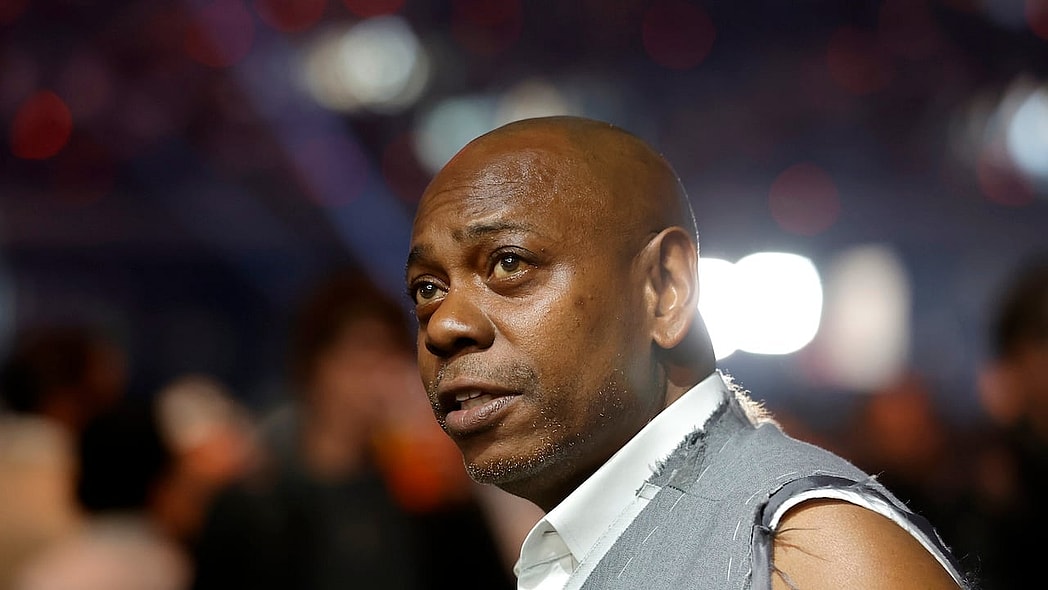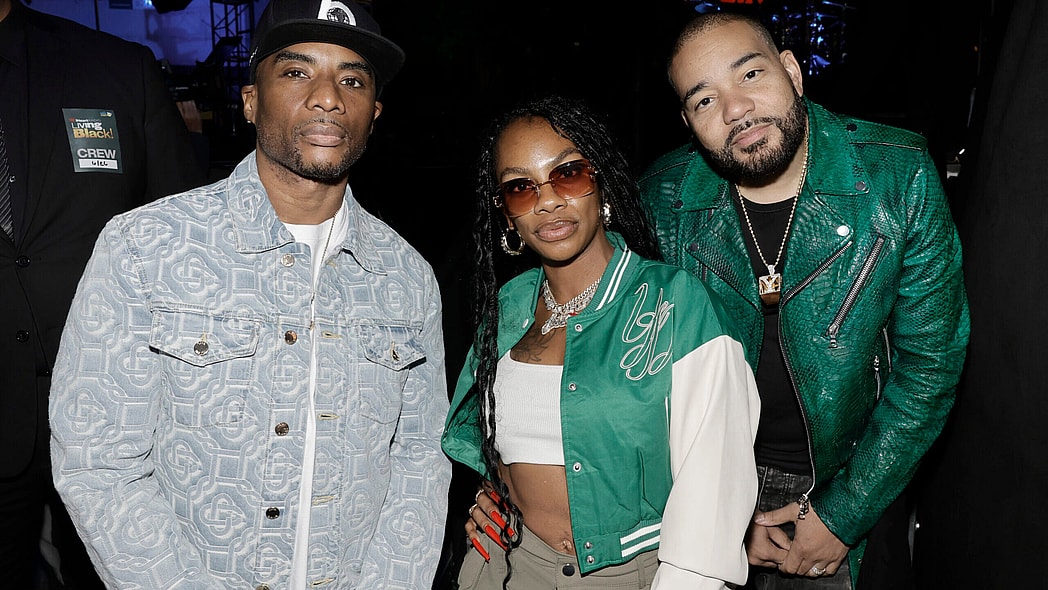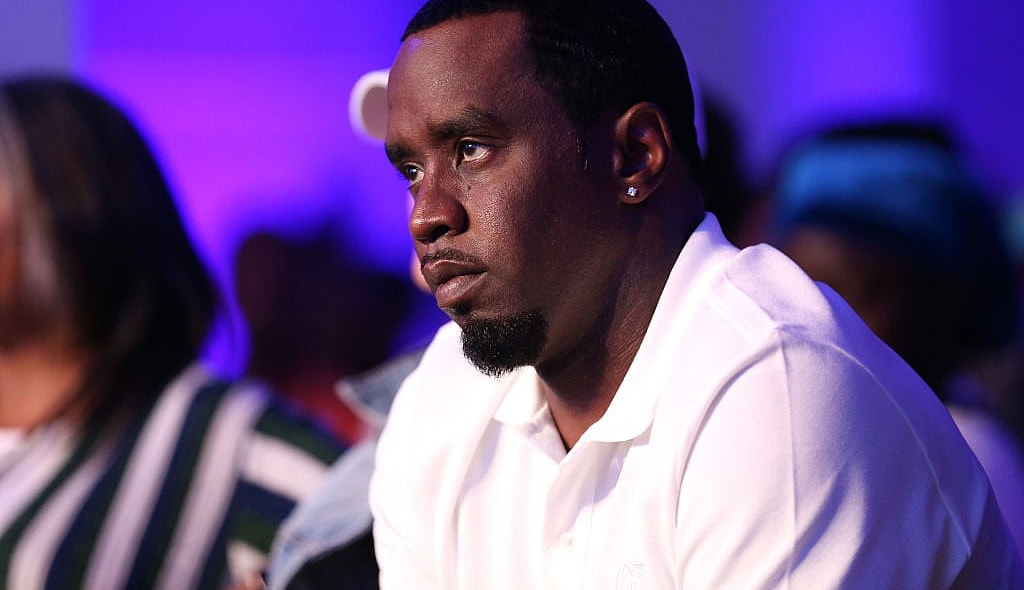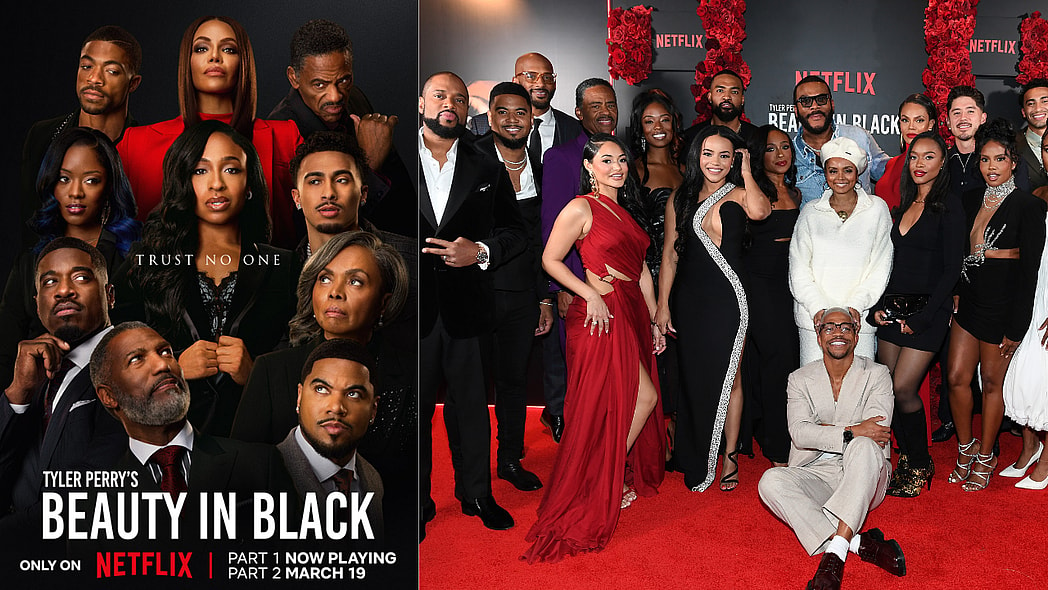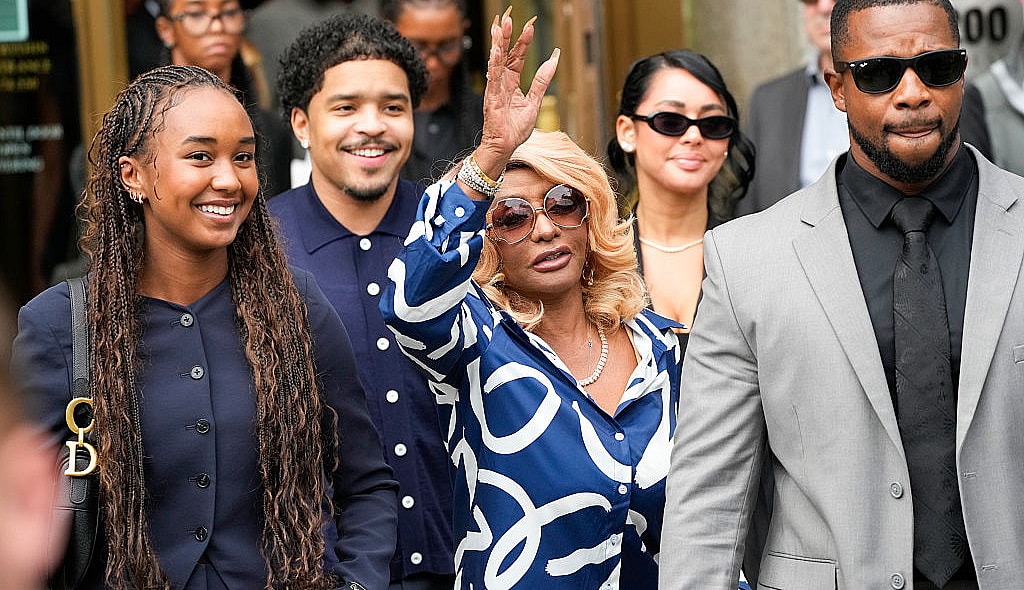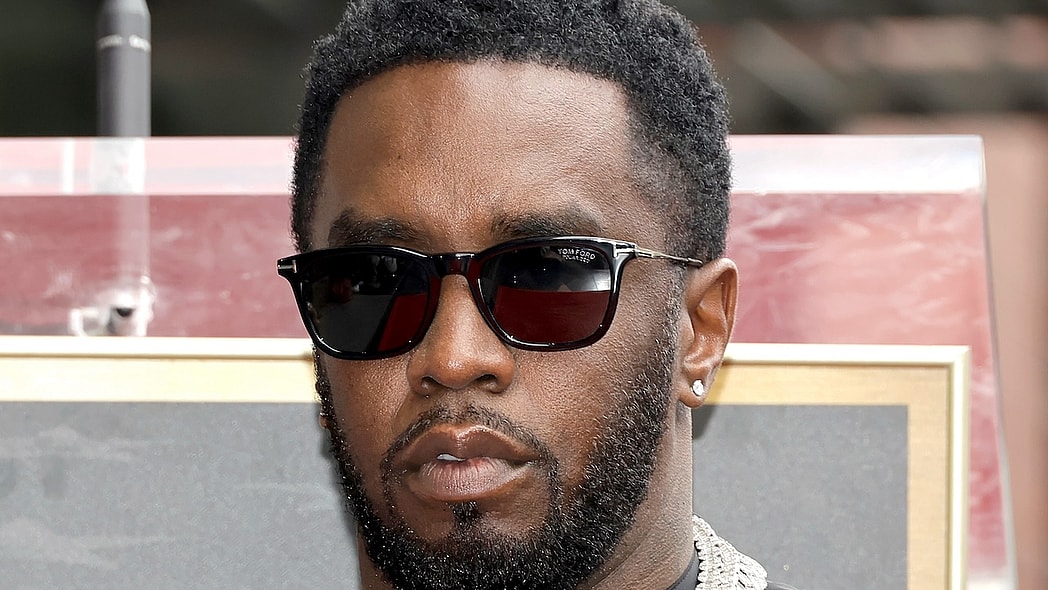Recently, Netflix viewers have been buzzing about a new London sci-fi drama called “Supacell.” Since the release last month of its first season, the show has garnered over 11.8 million views on the streaming platform, earning the No. 1 spot on Netflix’s global Top 10 list.
The series, which follows a group of Black South Londoners who develop superpowers, has captivated audiences worldwide because of its unique portrayal of sickle cell disease. In addition to showcasing some of the realities of having the disease, “Supacell” showcases a world in which people with the sickle cell trait develop supernatural powers like telekinesis, speed and more.
With sickle cell affecting over 20 million people worldwide, “Supacell” creator Rapman (a.k.a Andrew Onwubolu) explained how he intentionally used the show to raise awareness about the disease.
“Before Supacell, ask anyone about sickle cell, and one out of five people know about it. It’s crazy how unknown it is, especially for a disease that affects so many people,” Rapman told The Guardian. “I wanted it to raise awareness and make people who’ve got sickle cell feel seen and heard. I’m getting messages from young people and parents about how they feel so seen and before they wouldn’t talk about it with their friends and now they’re interested.”
Recommended Stories
As previously reported by theGrio, sickle cell impacts Black people at higher rates. Approximately 1 in 13 Black children are born with sickle cell trait, and 1 in 365 are born with the disease, per the National Institutes of Health. Sickle cell disease is a blood disorder that affects red blood cells’ ability to carry oxygen to other parts of the body due to an abnormal sickle-like shape, which increases the risk of other complications.
Reportedly fascinated and hurt by the ways in which sickle cell disproportionately impacts Black communities, Rapman wanted to create a show that not only raised awareness but also uplifted those most affected by it. In an interview with Cosmopolitan, he revealed that the show’s inception began shortly after George Floyd’s murder in 2020.
“People were doing their part and using their voices to protest, TV channels were airing Black stories and for me, I wanted to make a difference by uplifting Black people. To me, sickle cell disease didn’t have enough awareness despite so many people suffering with it,” he told the publication. “So, if there is a disease that makes Black people weak, I thought, is there a disease that makes Black people strong? I wanted to flip it on its head, raise awareness and make people with sickle cell disease feel seen and heard.”
Though the show debuted four years after Floyd’s death and the worldwide protests that followed, “Supacell” reinforces the fact that Black lives matter through its nuanced representation of the Black experience. While the show touches on a number of issues, including discrimination, domestic abuse, prison rehabilitation and more, Rapman ultimately hopes the series inspires more people to understand and advocate for sickle cell disease.
“There’s a massive sickle cell center in the show, where it’s really nice and facilitated,” he told Complex. “I would love to see someone make that in real life.”


